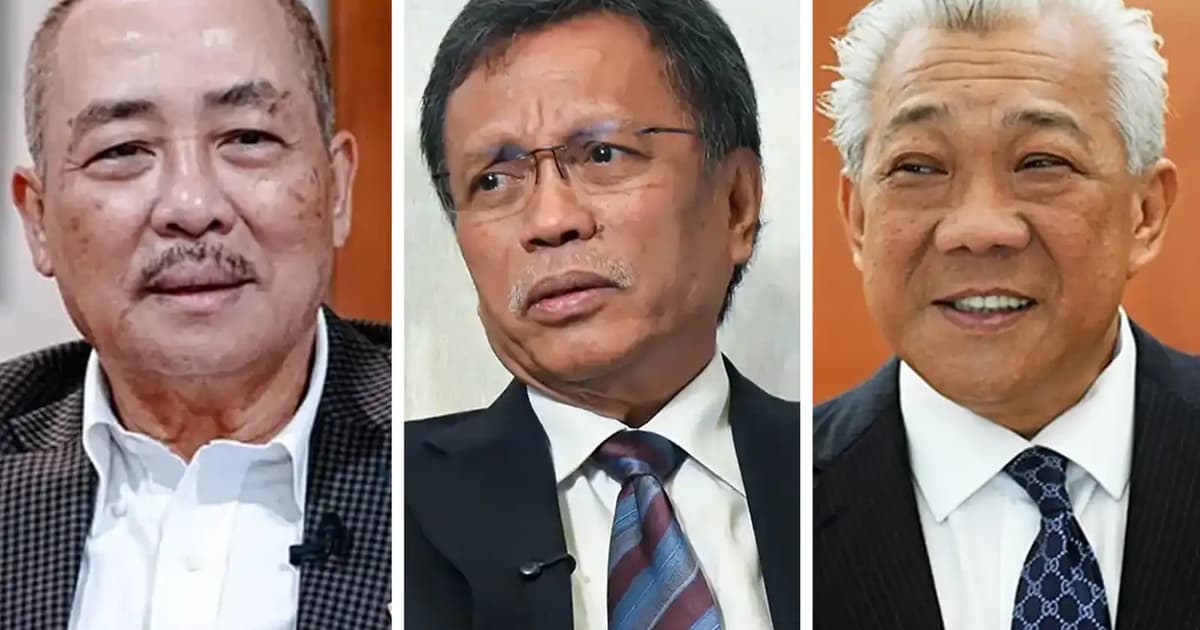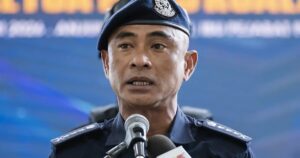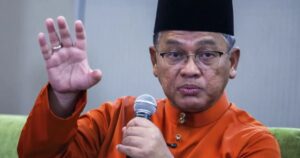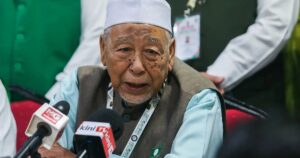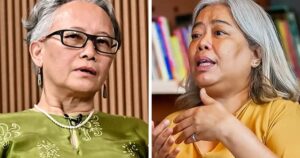
Sabah chief minister hopefuls can expect close scrutiny as the state election draws near, with voters expected to scrutinise their constituency track record rather than rely on campaign rhetoric, says an analyst.
Syahrudin Awang Ahmad of Borneo Geo-Politics & Electoral Studies (GeoPES) said Sabahans will be looking to see how candidates for the state’s leadership have handled bread-and-butter issues such as road repairs, water supply and education facilities.
“Any candidate who fails to deliver in his own constituency is bound to face broader doubts about his ability to govern the state,” he told FMT.
Shafie, Bung’s records under question
Syahrudin said Warisan president Shafie Apdal and Sabah Umno chief Bung Moktar Radin are likely to face tough questions about their ability to govern.
Both have, since the 1990s, been elected representatives either at federal or state level.
Shafie, the Semporna MP and Senallang assemblyman, was also the federal rural development minister from 2009 to 2015, and served as Sabah chief minister from 2018 to 2020.
Bung, who represents Kinabatangan in the Dewan Rakyat and Lamag in the state assembly, was Sabah’s works minister from 2020 to 2023, and was responsible for road maintenance and water supply.
Bung’s constituency continues to suffer from poor roads and unreliable water supply, said Syahrudin, while Shafie has been criticised for failing to resolve poverty and basic infrastructure issues, including cleanliness, in Semporna.
“These criticisms reflect a failure by elected representatives to resolve basic problems despite access to development funds. This undermines (their) leadership narrative,” he said.
Syahrudin said such unresolved problems could erode voter confidence, especially among the young and undecided, particularly given their length of time in office.
“If top leaders cannot manage their own home bases, how can they run the entire state?” he said.
Hajiji ‘more resilient’
Universiti Malaysia Sabah’s Lee Kuok Tiung said Shafie’s and Bung’s respective shortcomings have become more glaring in the social media era, with voters increasingly aware of happenings in other constituencies.
“The challenge has become tougher, as voters are now able to make comparisons and hold their leaders accountable,” he said.
In contrast, Lee said GRS chairman Hajiji Noor appears to have an edge, having successfully weathered challenges to his leadership. He cited in particular the failed “Kinabalu Move”, which saw Sabah BN — led by Bung — try but fail to unseat Hajiji as chief minister.
“Hajiji did not waver from his principles even when Prime Minister Anwar Ibrahim and deputy prime minister Ahmad Zahid Hamidi came to Sabah to negotiate,” said Lee, pointing also to Hajiji’s success in bringing development the state.
“Through his Sabah Maju Jaya plan, many reforms and programmes have been implemented, directly benefiting the people,” Lee said.
